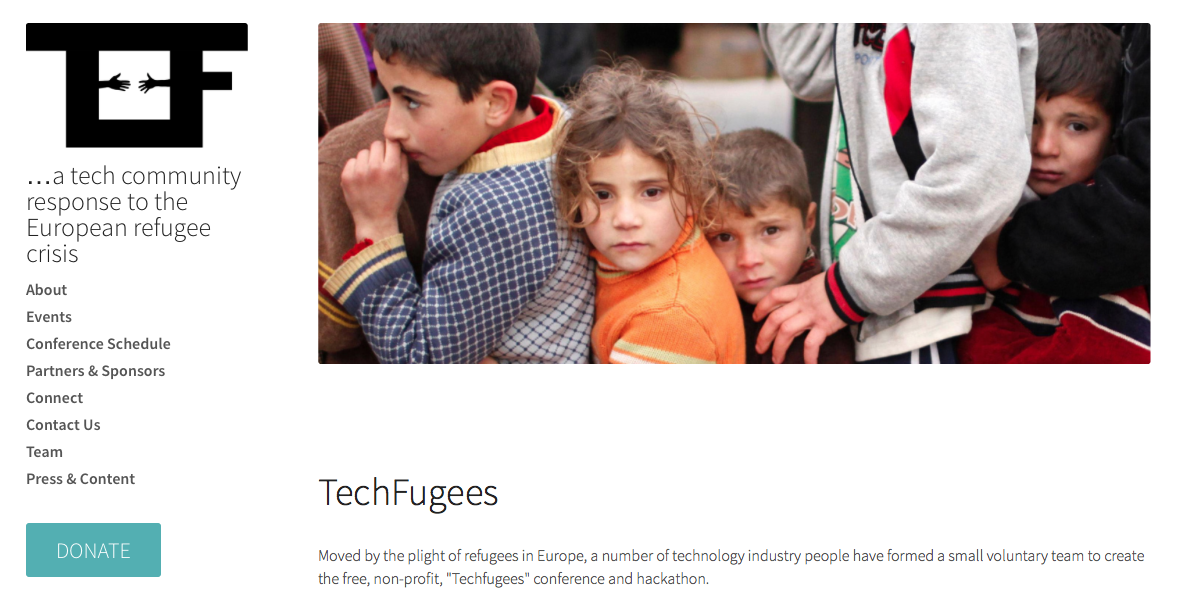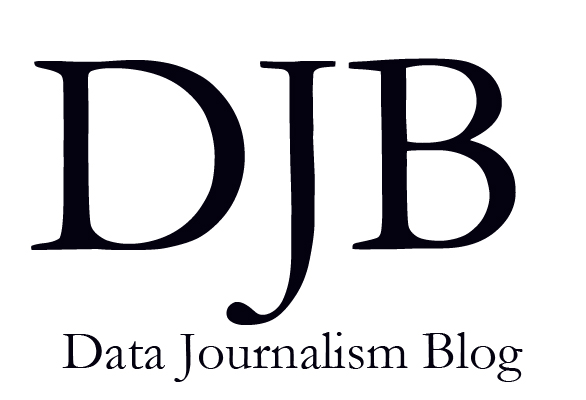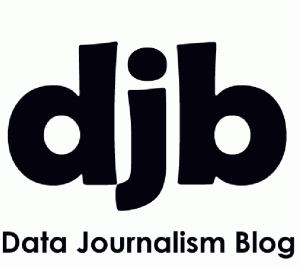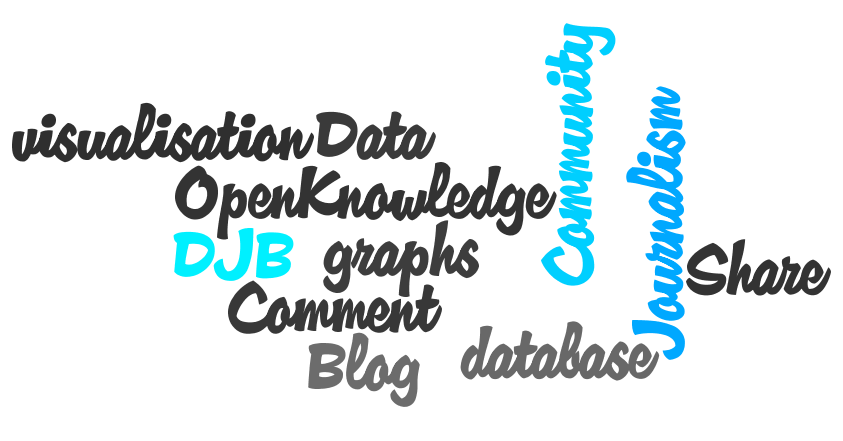Welcome to our new home. As you can see, we’ve redecorated the place.
I am excited to share with you the project that kept us busy for the past few months.
The new DJB is bolder, savvier, smarter, and packed with insights from the world of data journalism and innovative storytelling.
We have a lot of new content lined up for you: articles, reviews, how-to guides and interviews with experts from the fields of data visualisations, programming and investigative reporting. As well as a few specials.
« Data » is a big buzz word, it’s also a great way to tell stories we couldn’t tell before.
We hope to launch an array of compelling web projects in the near future that will inform our audience in an engaging way, while becoming the prime destination for knowledge on data journalism and innovative storytelling.
Hei-Da.org: a not-for-profit fostering data journalism and web innovation
So we have this great new look and lots of new content. But that’s not the only change that we’ve made. There’s more…
The DJB is now part of the Hei-Da social enterprise for data journalism and web innovation, and we are very excited about it. But what does it mean exactly?
Hei-Da is a not-for-profit organisation fostering the future of data journalism, open data and innovative storytelling.
Its mission is to nurture the future of its field by building an innovation hub dedicated to research in the field of data journalism and web innovation where experiments, training and conferences would take place, unlikely collaborations would blossom, and startups tackling technologies related to data journalism can get advice and support.
We believe it is important that knowledge, skills and ideas get shared and reflected upon. We also think that news is not the only place for data storytelling skills to be used. Many NGOs, charities, local communities, governments and other organisations have data at hands that could tell compelling stories, yet they rarely have the time nor expertise to produce them. Hei-Da was also created to help them harness that data and create interactive storytelling projects on the web that support their mission.
For this to happen, we will need to gather the partners, sponsors and funding necessary for such an ambitious project. If you think you can help, please get in touch.
The DJB at TechFugees
The Data Journalism Blog supports this event and I will be talking at the conference about our initiative, how data journalism has been used to cover the refugee crisis, what challenges news organisations face to get data on the crisis and what technology solutions there could be to facilitate data gathering, publishing and storytelling on the ground.
We will be covering the conference on the Data Journalism Blog (you can already see an introductory post here) and Andrew Rininsland, senior developer at The Times and The Sunday Times, will tell us about his experience of the Techfugees Hackathon happening on Friday, October 2nd in London (if you want to join, tickets are still available here).
We’ve only just begun
The Data Journalism Blog is built for a global audience of journalists, designers, developers and other data enthusiasts. People who are interested in the emergence of open data, both experts and amateurs, and want to understand better how it could change the future of information. Or, people who really like fancy infographics and want to find more data visualisations from various sources. Part of the content is very specific and would require knowledge about data journalism, other parts are very broad and could suit more novice readers.
We will thrive to push innovation to the full and experiment new techniques for ourselves, team up with partners to create compelling and interactive storytelling projects as well as deliver news and insights from the industry here on the DJB. So sit back, let us know what you think and let’s enjoy the journey. This is only the beginning.
For more info on Hei-Da.org, go and check out the website.
Passionate about innovative story telling, she teaches data journalism at the University of Westminster and University of the Arts, London.










